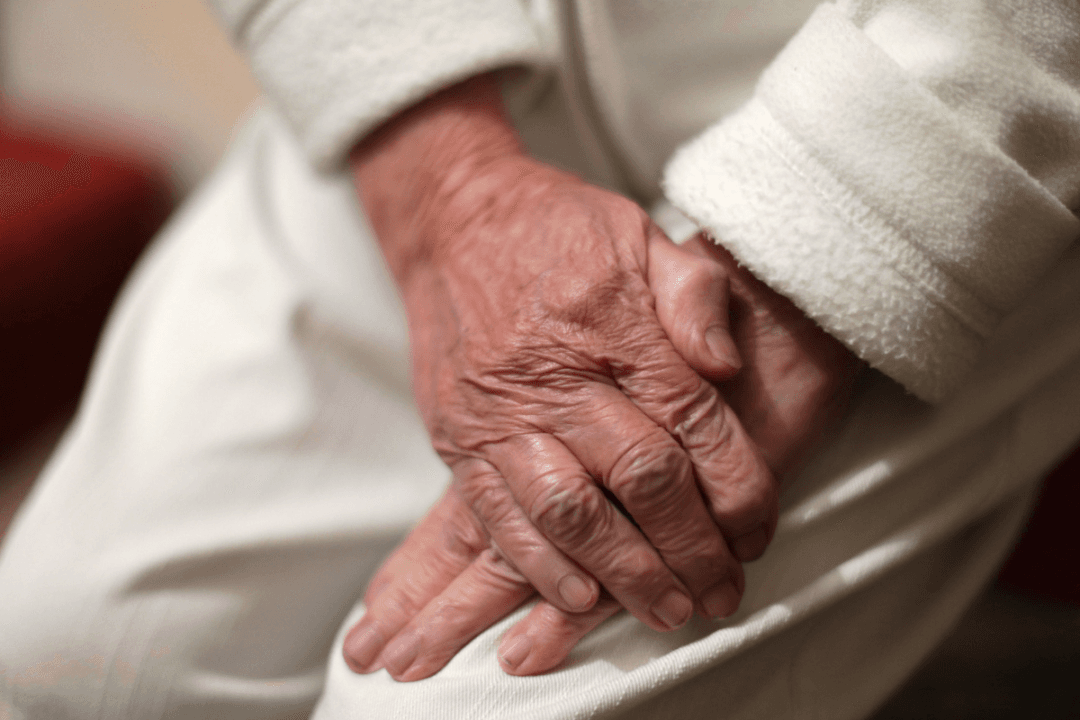Staffing pressures and underfunding in social care risk the “nightmare scenario” that older people could be deprived of their liberties without justification as a result of insufficiently-conducted assessments, a charity has warned.
Age UK has blamed “chronic underfunding” for the “effective collapse” of the system that provides legal protection for older people who have lost their mental capacity. The charity said that as well as a backlog of cases in excess of 100,000, there is a risk that some assessments might not be conducted in a thorough enough manner, the charity said in a report published on Friday.





